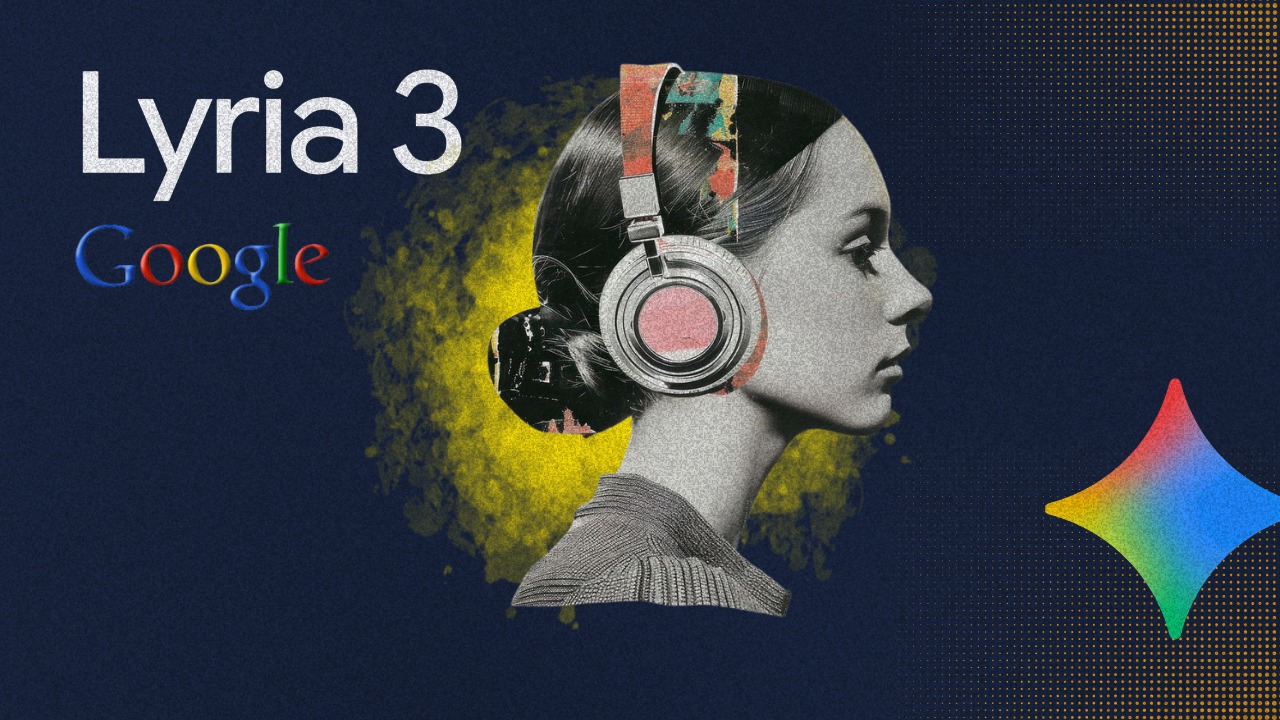
Welcome, Humans!
Ready for your daily dose of AI chaos? I’ve rounded up Today’s Top AI Headlines for those who like to stay ahead – and for the curious, I’ve got some eyebrow-raising stories Beyond the Headlines. Let’s dive in.
In a Nutshell:
ChatGPT gets a “Study Mode” for students
AI agents run full biotech lab at Stanford
Google’s NotebookLM now makes video explainers
Spotify wants to chat about your music taste
Meta tries (and fails) to poach AI stars
🚀Today’s Top AI Headlines:

Study Mode Transforms ChatGPT : OpenAI has unveiled a new “Study Mode” within ChatGPT, aimed at reimagining the AI assistant as a learning companion rather than just an answer engine. This mode introduces a shift in pedagogy, using techniques like Socratic questioning, scaffolded learning, and personalized feedback instead of delivering direct answers. The goal is to help students engage more deeply with material, encouraging active learning and critical thinking. Users can now take interactive quizzes, receive context-aware hints, and explore tailored content that adapts to their level of understanding. Study Mode is part of OpenAI’s broader initiative to integrate AI tools into education more responsibly. Rather than being banned for providing shortcuts, ChatGPT is being repositioned as a legitimate academic support system that encourages effort and comprehension. Educators have praised the approach as a balanced way to bring AI into classrooms, aligning technology use with actual learning goals. This update reflects OpenAI’s growing emphasis on responsible deployment of AI in sensitive domains like education and its recognition that long-term adoption depends on building tools that empower, not undermine, the learning process.
Source: OpenAI🤖 Robi: “Finally, students get an AI that doesn’t just hand over the answers like it’s Quizlet with a GPU.”
AI Agents Run Biotech Lab: Stanford University and the Chan Zuckerberg Biohub have announced the launch of an autonomous biomedical research lab operated entirely by AI agents. This virtual lab allows agents to collaborate, argue, and carry out complex experiments without human intervention. In early demonstrations, these AI researchers successfully designed 92 nanobodies small antibodies used in medicine two of which neutralized novel COVID-19 variants in lab tests. The breakthrough signals a major leap in AI-driven scientific discovery and could revolutionize how new treatments and diagnostics are developed. These agents are capable of independently interpreting biological data, forming hypotheses, and optimizing molecular designs tasks that usually require highly trained researchers and significant time. The initiative highlights the expanding role of AI beyond support tasks into autonomous scientific innovation. The team behind the project sees this as a turning point for drug discovery, suggesting a future where AI not only accelerates existing processes but also pioneers entirely new research directions. As healthcare and biotech fields seek faster, cost-effective solutions, projects like this virtual lab may define the future of scientific collaboration and experimentation.
Source: Stanford🤖 Robi: “They work 24/7, never complain, and don’t need lab coats—my kind of scientists.”
NotebookLM Introduces Video Learning: Google has upgraded its AI-powered study assistant, NotebookLM, by introducing narrated video slideshows created from user-uploaded documents. This new feature transforms static notes into visually engaging, multimodal learning experiences. By turning text-based information into narrated videos, NotebookLM enhances how users absorb and retain complex concepts. The update aligns with educational research that suggests multimodal content improves focus and memory retention compared to traditional formats. Users don’t need to provide additional input NotebookLM leverages its AI to automatically generate structured slides with explanations based on the uploaded material. The rollout represents another step in Google’s broader mission to deeply embed generative AI within productivity and educational tools. It moves NotebookLM beyond basic summarization or chat-based interactions into the realm of dynamic, self-directed learning. For students and knowledge workers alike, the addition offers a richer, more accessible way to review documents, prepare for exams, or digest complex material in a time-efficient manner. The feature is currently rolling out to selected users and is expected to be part of Google’s push to compete in the AI-enhanced education space.
Source: Tech Crunch
🤖 Robi: “Next up: NotebookLM does TED Talks while you nap.”
🔍Beyond the Headlines:
Spotify Eyes Conversational Interface: Spotify is planning to evolve its AI DJ feature into a more conversational assistant, using real-time voice input data to understand user preferences and intent. The goal is to make listening more interactive going beyond passive playlist generation toward an intelligent dialogue between user and AI. Spotify hopes this upgrade will personalize experiences further by integrating reasoning and emotional tone recognition. The move reflects growing trends in voice-first interfaces across tech platforms.
Source: AI Base🤖 Robi: “Coming soon: Your playlist, curated by a DJ that knows your breakup vibes.”
Meta Tries Poaching AI Talent: Meta recently attempted to hire top researchers from Mira Murati’s startup, Thinking Machines Lab, offering compensation packages reportedly ranging from $200 million to $1 billion. All offers were declined. The incident highlights the intensifying talent war in the AI sector, as major players like Meta ramp up their superintelligence teams. It also signals how high-stakes the competition has become to recruit minds capable of building the next frontier of AI.
Source: Latestly🤖 Robi: “$1 billion couldn’t buy loyalty? That’s gotta hurt more than the stock price.”
🤖Prompt of the Day:
Customer Success Marketing
Prompt: You are a customer success marketing expert focused on showcasing customer achievements and building advocacy through success stories. Your task is to develop a customer success marketing strategy for a [business type or niche] offering [product or service] to highlight customer wins and attract [describe prospect audience].
Your strategy should include: (1) customer success identification and story development, (2) case study creation and multimedia content production, (3) customer advocacy program development, (4) success story distribution across marketing channels, (5) customer success metrics and ROI tracking, and (6) advocacy metrics including referral rates, testimonial usage, and trust building. The strategy must authentically represent customer value while respecting privacy.
🤖AI Tools You Didn’t Know You Needed:
Problem: Extracting insights from long documents, research papers, and reports is time-consuming and often incomplete.
AI Solution: Some tools let you chat with documents, asking questions and getting specific answers from your uploaded files.
AI Tool: Humata AI turns documents into conversational interfaces, letting you ask questions and extract insights instantly.
Helpful Features
Document Chat: Ask questions about uploaded PDFs and documents.
Instant Summaries: Get quick overviews of long content.
Citation Tracking: See exactly where information comes from.
Multi-Document Analysis: Compare insights across multiple files.

⚡ Robi’s Hot Take on X






